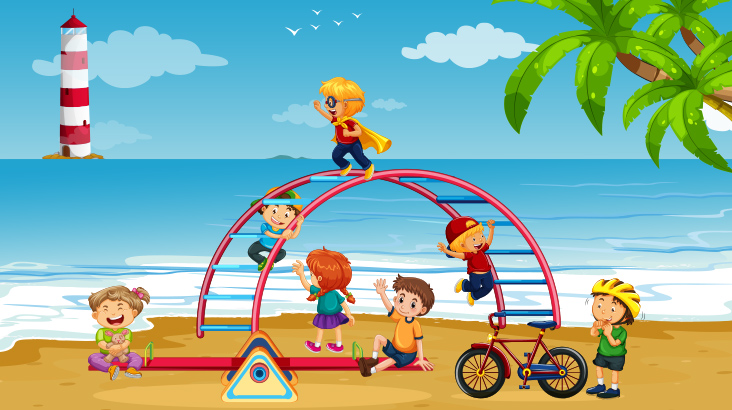
Kids eagerly anticipate their month-long summer vacation. It's a time filled with laughter, fun-filled days, experiments....
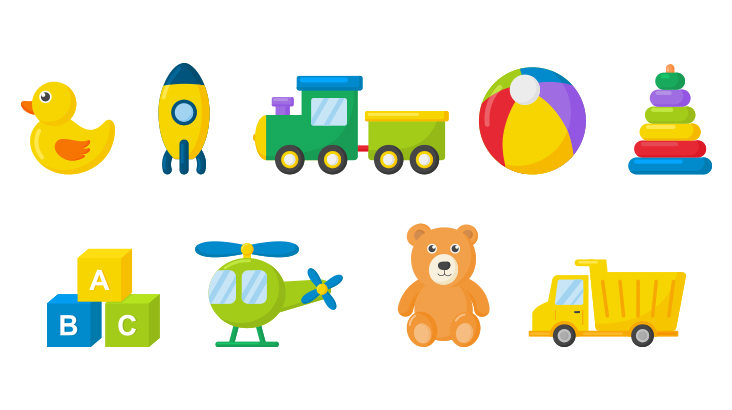
As the hot summer singes everything around us, let's look at some online toys trending hot right now. Summer is a time to have fun, relax, teach, and learn.

The sound of some crackers (unless you are in Delhi and the cracker ban is actually being followed!) and the lights around have already brought the spirit
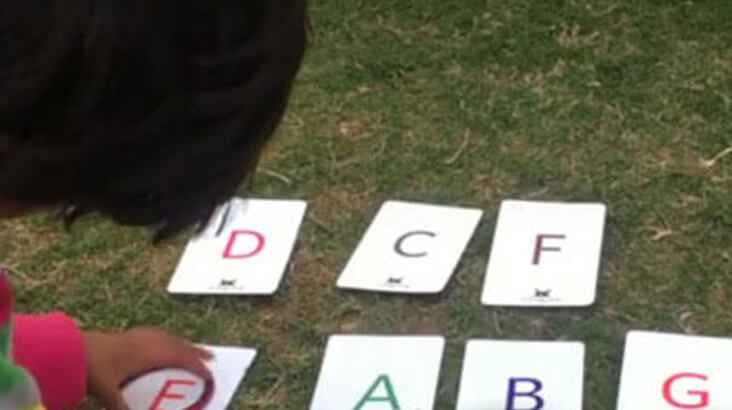
Revision & reinforcement improves learning in young children.Here is a fun way to revise alphabets. We were bored staying indoors, so we did this activity in the park! What you need for this activity -We have used alphabet flash cards,
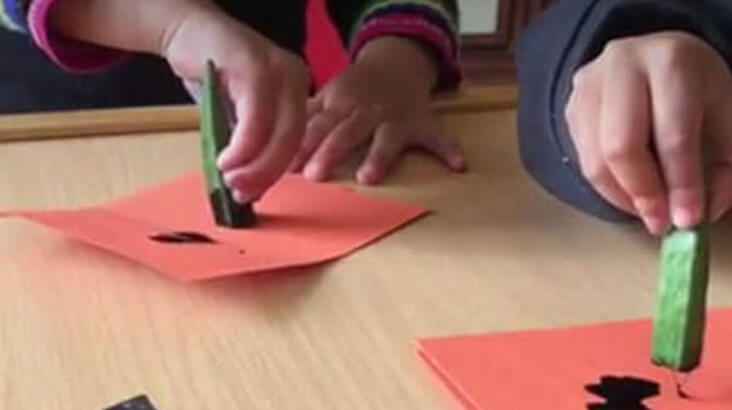
Another messy activity which the kids will love. You’ll need bhindi (lady’s finger), some paint & paper for this activity Chop off the head of the lady’s finger so that the flower pattern shows and start Ask the child to dip....

Reinforcing the benefits of fruits & vegetables. Dash into the kitchen and get an assortment of fruits & vegetables. Get two empty baskets along. Ask your child to sort the vegetables from the fruits.....

In a bowl, mix 2 or 3 types of pulses which the child can hold easily.We have used chole (chickpeas) & rajma (kidney beans). Explain to the child that she must put the rajma & chole in separate bowls Make the child comfortable and star....

Teaching your child how to count to a certain number in a fun way! What you need for this activity? 1. Some dough, we have used some kneaded aata from the kitchen.....
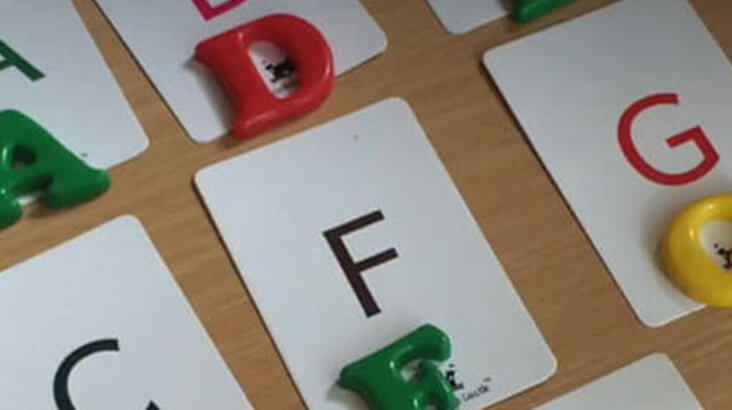
Revising you A, B, C… Another gamified way to revise alphabets What you need for this activity Two sets of alphabets We have used alphabets cards & magnetic letters.....

Here is a fun way to help your child understand that life is full of colours! What you need for this activity We have used blocks, you can use an assortment of things And fruits to show...
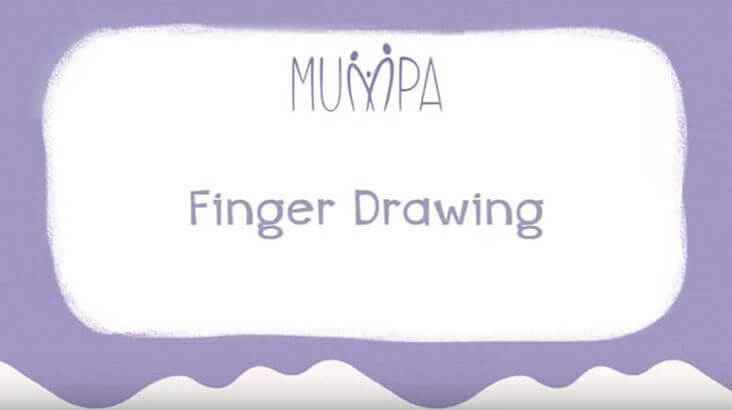
घर पे बच्चों का मन लगाए रखना आसान नही है| पेरेंट्स अक्सर इस सोच में पड़ जाते हैं की आज अपने बच्चों ए साथ क्या अच्छा ग्यान्वर्धक खेल खेलें| Mumpa आपकी इस दुविधा का उपाय लेकर आया है.....
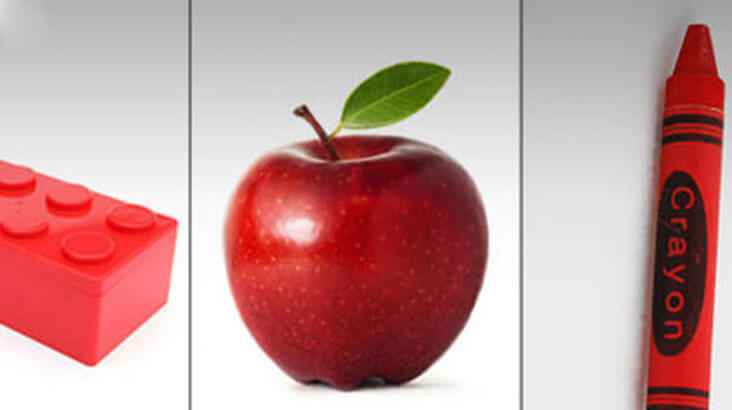
Life is full of colours and we can use everyday things around us to help little ones understand the concept of colour. For this activity you will need: Colour pencils/crayons and everyday....